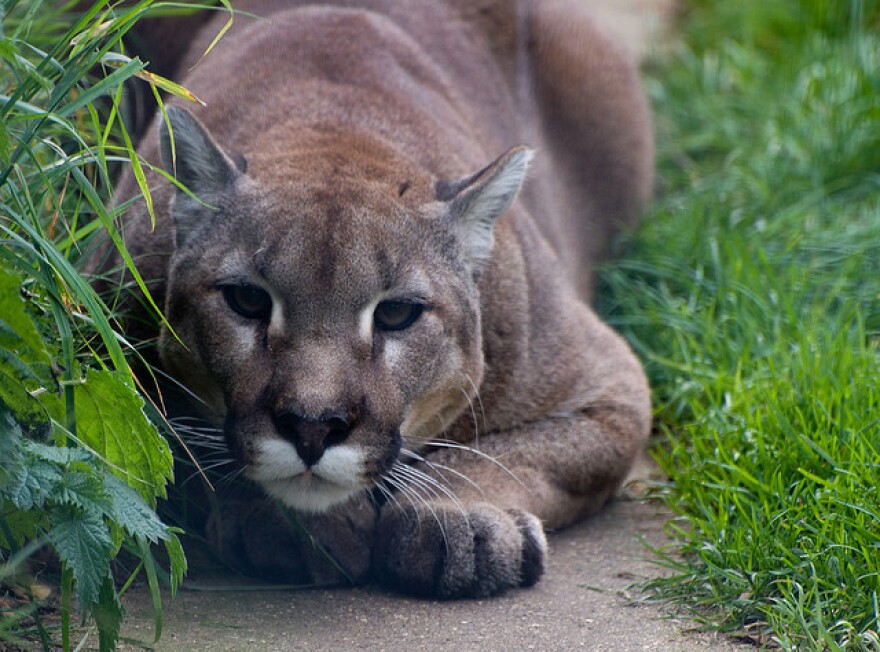Wildlife officials believe a cougar that was killed in Connecticut traveled through Michigan's Upper Peninsula.
This from Interlochen Public Radio's Linda Stephan:
Just months after the federal government declared the cougar extinct in the Eastern United States – a wild cat has been identified in Connecticut. DNA evidence links the cat to a South Dakota species. And officials believe this same cat was spotted in Michigan’s Upper Peninsula. Researchers say they’re pretty confident this very cat was also sighted in Minnesota and Wisconsin. They believe the 140-pound male traveled through the UP to arrive in Connecticut where he was hit by a car and killed. Paul Rego, a wildlife biologist with the state of Connecticut, says officials believe the cat traveled from Wisconsin into Michigan’s sparsely populated Upper Peninsula. “Probably more to the liking of a cougar and less opportunity for humans to detect it if it moved through that area.” Connecticut Department of Energy and Environmental Protection Commissioner Daniel Esty says there's no evidence of a breeding, wild population in eastern states. “Having said that I think it’s also important, though, to celebrate that there is some ability being demonstrated to recover animals that have largely gone extinct.” There are no federal protections in place for cougars in eastern states, after it was declared extinct earlier this year. Some say the evidence of the Connecticut cat indicates it could be possible to re-establish mountain lions in the east. Officials say there hasn’t been a wild population in Connecticut for 150 years.



